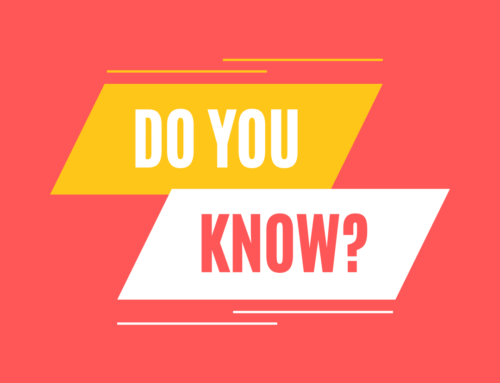with Angelina Hudson of the National Alliance on Mental Illness (NAMI)
When we look at people with serious mental health issues, they’re more likely to be unemployed, they’re more likely to be homeless, they’re more likely to be unmarried, and they’re more likely to be poorer than the average population in everything that we have been able to find and treat.
However, on the flipside of that, if we move over to that other side where you have poverty on one side and you’ve got mental health on the other, when we look at poverty as the extent to which an individual does without resources, what we see is a list of things. But if you look at that list, under poverty, and you look at that list under people with serious mental health issues being more likely to be affected by those things, where do they fit?
What on the one side could possibly be a cause of someone being unemployed? Or being homeless? Or being unmarried? Or being poorer than the average population? And when you really look at the extent to which an individual does without that list of things, it looks a lot like—maybe not the cause—but certainly involved in some way with someone’s condition and their state.
It’s emotional, and for example, I may have some difficulty getting along with folks in the office. If I don’t have the knowledge of hidden rules, I might not know how to leverage my relationships. If I can’t get out of bed in the morning, I’m not going to stay employed by anybody for long…
Listen to the podcast for more.








